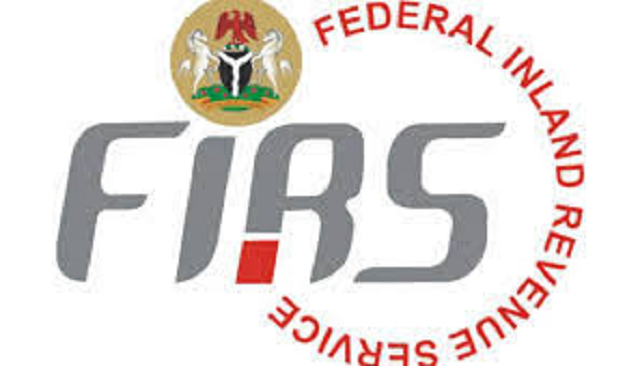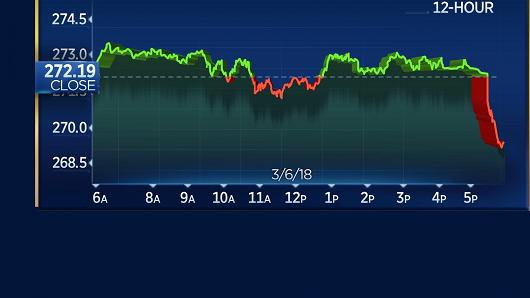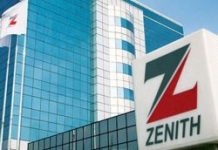After their expansion in Nigeria and other African countries, the likes of Dangote Cement Plc, MTN Nigeria Communication, Seplat Energy Plc, Guaranty Trust Holding Company Plc (GTCO), and 20 other companies remitted a total of N215.9 billion tax to the Federal Inland Revenue Services (FIRS), among other revenue-generating agencies in the first quarter of 2022.
This represents a 61 percent increase over the N133.42 billion reported by these 24 companies in the first quarter of 2021.
The 24 companies are cement manufacturing, telecommunication, oil & gas, financial institutions, and Fast-Moving Consumer Goods (FMCG) listed on the Nigerian Exchange Limited (NGX).
Companies operating in Nigeria are expected to remit corporate tax, information technology tax, and tertiary education tax, among others, to federal government agencies, state revenue generating agencies, and agencies in countries where they have branches.
Dangote Cement in Q1 2022 tax expenses rose by 25.14 percent to N50.55billion as against N40.39billion reported in Q1 2021, while MTN Nigeria reported N46.77billion tax expenses in Q1 2022, representing a nearly 60 percent increase from N29.2billion reported in Q1 2021.
The Chief Executive officer, MTN Nigeria, Karl Toriola, stated, “We have continued to make good progress in the first quarter, building on the momentum we achieved in Q4 2021 and delivering several key milestones as we grow our connectivity business and platforms.
“This was achieved against a backdrop of significant geopolitical volatility exacerbated by the war in Ukraine. This conflict has significantly impacted energy prices, broader inflation, supply chains, and consumer spending.
“Nevertheless, I am pleased that we have made significant strides in deepening our relationships with all our stakeholders while substantially enhancing our contributions to government revenue.
“In recognition of our remarkable performance in remittance of taxes despite the challenges posed by the pandemic, the FIRS recognised MTN Nigeria as a top 20 taxpayer and one of the best tax compliant organisations in Nigeria for the 2021 tax year.”
Further extracts from listed companies’ unaudited Q1 2022 results showed that Seplat petroleum reported N26.4billion tax expenses from N1.19billion reported in Q1 2021, while Totalenergies Marketing Nigeria reported N2.2billion tax expenses in Q1 2022, representing an increase of 58.5 percent from N1.38billion reported in Q1 2022.
In the banking sector, Ecobank Transnational Incorporated (ETI) reported N13.75billion tax expenses in Q1 2022 from N10.34billion in Q1 2021, as GTCO’s tax expenses rose by 36 percent to N11.08billion in Q1 2022 from N8.2billion reported in Q1 2021.
Finance experts have attributed the growth in tax expenses to pending tax accrued by these companies, explaining that a significant increase in profit also drives growth in tax expenses in the period under review.
Fiscal Policy Partner and Africa Tax Leader at PwC, Mr. Taiwo Oyedele, attributed the hike in tax expenses by listed firms to payment of deferred tax liabilities.
According to him, the tax expenses reported in Q1 2022 are not the amount companies remitted due to deferred tax.
He explained further that “You will have to consider that a company can always report N1billion as tax expenses, but the amount remitted to FIRS, among other agencies, might be N400million.
“If a company reports an increase in profit, its expenses expected to go up and if you come from a period you made losses to a period when you’re making profit, such a company expects its tax expenses to go up because they are ways you upset your losses before paying taxes. It has an impact on hike in tax expenses declared by the company.”
He noted that increased capital asset investment likely impacted these companies’ tax expenses.
He explained, “The more companies are investing in new equipment, plant, the lower their tax expenses because they have a lot of capital allowances. But if they are no longer investing a lot in capital assets, tax expenses will increase because their capital allowances are going to drop.”
However, analysts at FBNQuest Capital Research have noted that the increase in tax expenses is commendable. However, it is still abysmally low even when viewed from an emerging market context.
According to the Research team at FBNQuest, “The International Monetary Fund (IMF) recently noted that Nigeria’s consolidated government revenue-to-GDP ratio at 7.5 per cent is one of the lowest in the world. The story is worse if we narrow down on non-oil revenue-to GDP which is roughly around 4.3 per cent,” the report stated.
It further added some new revenue provisions in the Finance Act 2021, such as capital gains on the sale of shares worth more than N100 million, excise levies on non-alcoholic sweetened beverages, and e-commerce taxes, which are expected to enhance non-oil revenue. “However, we believe the Federal Government’s non-oil revenue projection of N7.1trillion in the 2022 budget is quite a stretch.












